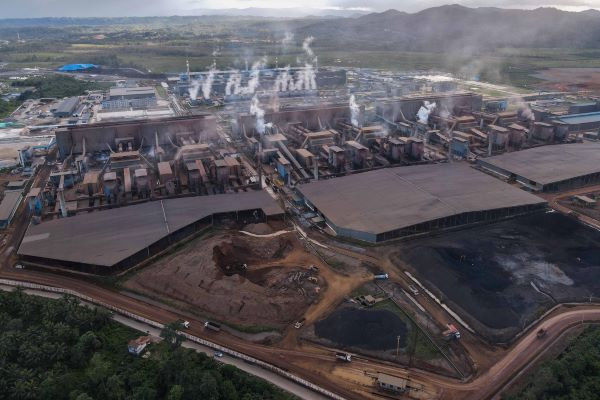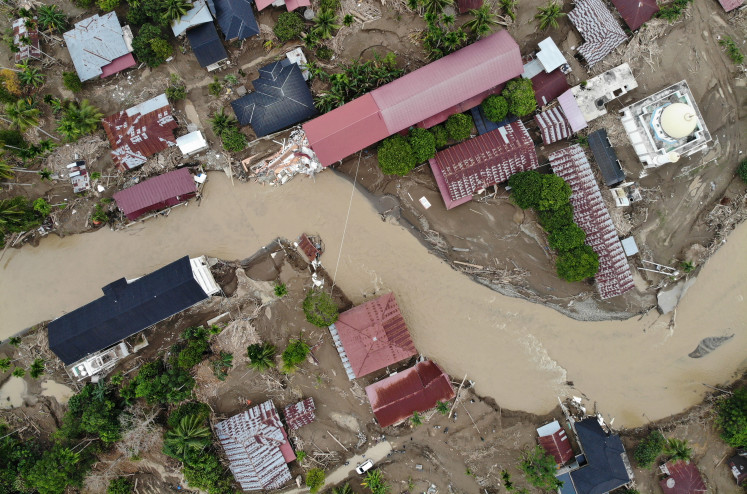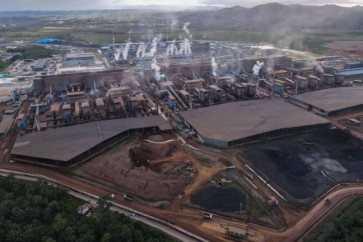Popular Reads
Top Results
Can't find what you're looking for?
View all search resultsPopular Reads
Top Results
Can't find what you're looking for?
View all search resultsIndonesia’s unnecessary bid for nickel cartel crumbles
In the geopolitical context, Chinese dominance over Indonesia’s nickel mining and processing facilities has raised eyebrows among Western countries, particularly the US and its allies.
Change text size
Gift Premium Articles
to Anyone
I
ndonesia's plan to establish an alliance among nickel-producing countries, a critical mineral crucial for the energy transition, faces significant hurdles.
The proposed cartel, intended to replicate the Organization of Petroleum Exporting Countries (OPEC) in regulating the supply and influence the price of the commodity on the global market, was first coined in late 2022 by Investment Minister Bahlil Lahadalia. While Indonesia tries to flex its muscles on the global stage due to significant deposits of nickel, geopolitical and geoeconomic challenges appear to be undermining this ambitious agenda.
Data from the United States Geological Survey (USGS) 2024 highlights Indonesia's position as the global leader in nickel reserves, boasting an estimated 55 million tonnes. This surpasses Australia's reserves of 24 million, Brazil's 16 million, Russia's 8.3 million, New Caledonia's 7.1 million, and the Philippines' 4.8 million, among others.
In terms of production, Indonesia also led in 2023 with 1.8 million tonnes of nickel, followed by the Philippines (400,000), New Caledonia (230,000), Russia (200,000), Canada (180,000) and Australia with 160,000 tonnes.
Indonesia has been actively promoting this idea, with high-level government officials pitching the proposal to counterparts in other nickel-rich countries. However, none of them have yet expressed a desire to join.
While Indonesia seeks to enlist other countries in establishing this alliance, it also remains unclear what the country intends to offer in the proposal and value proposition it brings to its targeted partners. This lack of clarity has raised concerns among those countries approached by Indonesia, such as Australia and Canada, and may explain why they have not yet seen it as a compelling proposal.
Industry groups and government officials from the Philippines, Canada and Australia have reportedly expressed their reluctance to sign on to the proposal with Indonesia. The reasons they share are similar, as the cartel is perceived to offer no benefits for them.



















